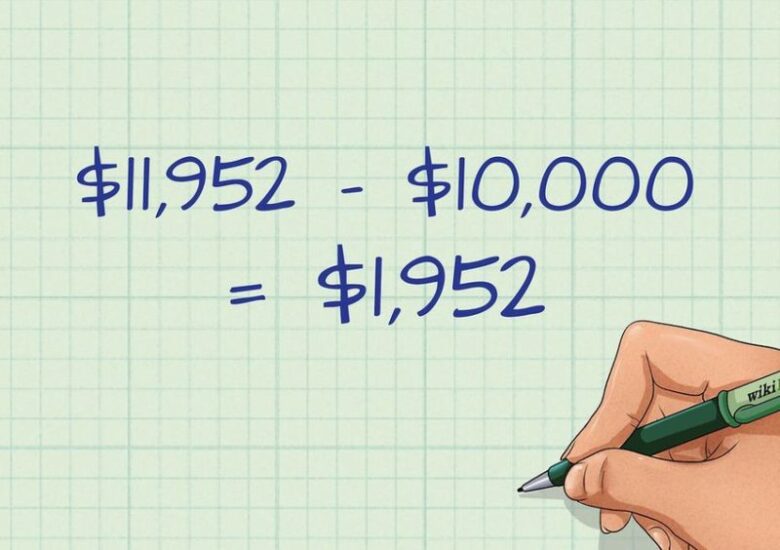Retailers apply for retail business loans for a number of reasons: to purchase inventory, buy new equipment, fill cash flow gaps, and grow business operations. Whether you’re looking to apply for a short-term business loan, a business line of credit, or equipment financing, according to SMB Compass here are five things you should do before kick-starting your application.
1. Organize Your Financial Documents

You can be sure that potential lenders are going to be interested in your financial statements and accounting records. It’s important to prepare all your financial documents and make sure everything is correct and thorough. The type of documents you need depends on the lender but most lenders require profit and loss statements, cash flow statements, balance sheets, tax returns, etc.
Lenders will use these documents to assess your risk as a borrower. With these financial documents, they are going to analyze your cash flow, debt-to-equity ratios, accounts receivable, and more. It’s best to have a certified public accountant (CPA) check your financial statements. In fact, lenders prefer documents that are audited by accountants.
2. Study Your Credit Profile
It’s important to know both your business and personal credit score before applying. A less-than-perfect credit rating won’t automatically disqualify you from qualifying for loans. However, having a low credit score can limit your options.
Retailers with high credit scores and established business history can choose from several loan products and qualify for better terms. With that in mind, one of the first things you need to do when looking for financing is to understand your credit position. If your credit score is low, there are proactive steps you can take to improve it.
3. Estimate How Much Money You Need to Borrow

Before applying, you need to make an accurate estimate of how much you’re going to borrow. Knowing what you need gives lenders the impression that you know what you’re serious with your business. Furthermore, knowing the amount is not enough. Lenders will also want to know your intended use of the funds, so it’s important to match the requested loan amount for the loan purpose.
Let’s say you’re looking to borrow money for an inventory that costs $10,000. Lenders would wonder why you would need $20,000 or more for the inventory. Borrowing more than what you need can lead to too much debt. This can heavily affect your bottom line and your ROI.
4. Know the Type of Retail Business Loan You Need
Once you know the amount you want to borrow and the state of your credit score, you’ll have an idea of the type of loan you should pursue. Otherwise, you’ll waste time and money applying for a loan you can’t even qualify for in the first place.
Most business owners turn to banks for funding. However, banks aren’t too keen to loan money to small businesses and startup companies. If you can’t qualify for bank loans, you can check out other options. Alternative lenders offer business loans with less stringent requirements. You can choose from a merchant cash advance, a business line of credit, and even SBA loans and term loans.
5. Your Revenue Should Show a Positive Trend

Studies show that retailers had approximately $505.8 billion in revenue during the holiday season in 2018. This means that the retail industry had a growth of 2.1% per year over the past five years. If your revenue dips during peak season, you may have a serious problem with cash flow for the rest of the year. Cash flow is a huge aspect of every business. Your cash flow can indicate whether your company is growing or not. It also adds value to your business, as well as increases your borrowing and buying capacity. Essentially, your business is dictated by your cash flow.
Whether you like it or not, lenders will scrutinize your cash flow. Fortunately, cash flow problems are not a dead end. There are certain steps you can take to improve your chances of approval for the loan you need.
Alternative Retail Business Loans for Retailers
Retailers, as with any other businesses, need working capital to fund the growth of their business. You’ll need sufficient cash to maintain inventory levels and maximize sales. If you’re looking to apply for retail business loans, there are different types of loan products suitable for every business need.


